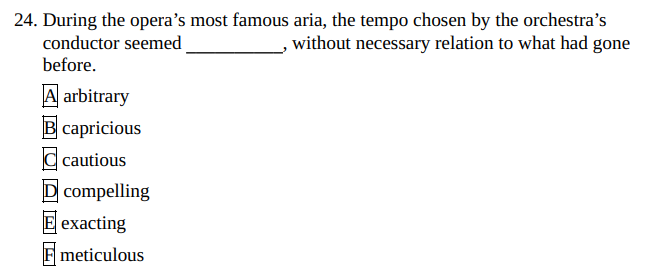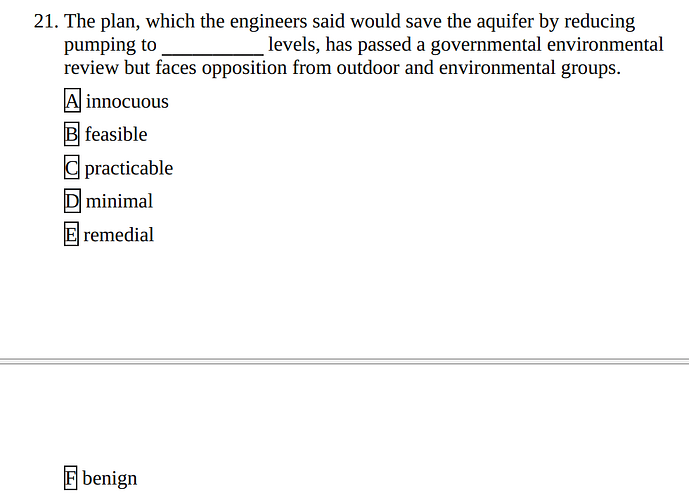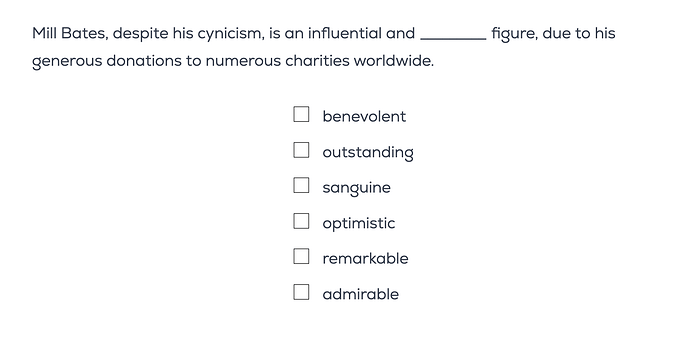I have noticed in the ETS materials that the pairings in SE questions are relatively straight forward but the logic is very difficult to understand.
How to solve such questions?
A class on this specific topic would be very helpful.
Do you have an example of such a question?
@gregmat you can consider this suggestion
No the all the questions are actually real test or pp1 or pp2 questions so I can’t share it. I think.
Should I share pp1 or 2 questions here?
Okay, it’s gonna be hard to do a class if we don’t have example questions, but we’ll see what we can do. I mean if the logic is tough, you just solve it using support/contrast and then pick the best pair right?
Perhaps turning a very hard TC question into an SE question might work.If the logic is really hard then getting the support will be hard right?
Add the complexity of SE questions and you have a beast of a question.
That’s literally what ETS did I think.Something like this

I found a sample question.
Look at this question- my gut feeling was to choose innocuous and benign but I can’t explain why A and F are the right ans ?
Why is the other pair practicable and feasible not the right ans
I don’t see any evidence for either of the pairs.
In SE, do we need explicit evidence for one of the pairs to be correct? AFAIK it’s a little different from TC.
For example in this one, there’s no evidence for the actual correct pair:
So how do you find it?
just guess
50/50?
Well, start with the pairs, what do you identify here?
BC and AF are pairs
Not quite, try again
oh I the lower one
sanguine and optimistics
Remarkable outstanding
are pairs
Now, there is no evidence FOR either pair, but there is evidence AGAINST one of the pairs right? So what can we choose here?
sanguine and optimistic
But in the other question I can’t do anything right?
Nope, read the sentence carefully
despite his cyncism
oh I see someone can’t be a cynic and optimistic at the same time?
So its the other pair remarkable and outstanding?
But what if Mill is cynic in one thing and optimistic about another like in the case of donations?
Yes, it has to be “remarkable” and “outstanding”, even though there is no direct evidence supporting it. In SE sometimes this is the case, but not in TC.
But what if Mill is cynic in one thing and optimistic about another like in the case of donations?
“his cynicism” implies cynic about everything unless and exception is stated
I have emailed gregmat about it with some example questions from gregmat.
Pls forward this thread to him once again.

